In the heart of the Indian Ocean lies the Maldives, a tranquil archipelago whose economic heartbeat is intricately woven into the tapestry of tourism. Comprising approximately 28 percent of the nation’s GDP and employing a workforce of 25,000, the tourism sector not only serves as the mainstay of the Maldivian economy but also holds sway over its foreign exchange revenue. However, recent diplomatic tensions with India have cast an ominous cloud over this tropical paradise. Beyond mere geopolitical discourse, the rift has sparked a palpable bitterness, manifesting in a burgeoning sentiment among Indian citizens to boycott the Maldives. As this undercurrent gains momentum, the looming question arises: will the Maldivian economy weather the storm or face the consequential ebb and flow of its economic fortunes? Join us in this article as we delve into recent events, uncover potential causes, assess their impact, and explore the captivating beauty of the Maldives.
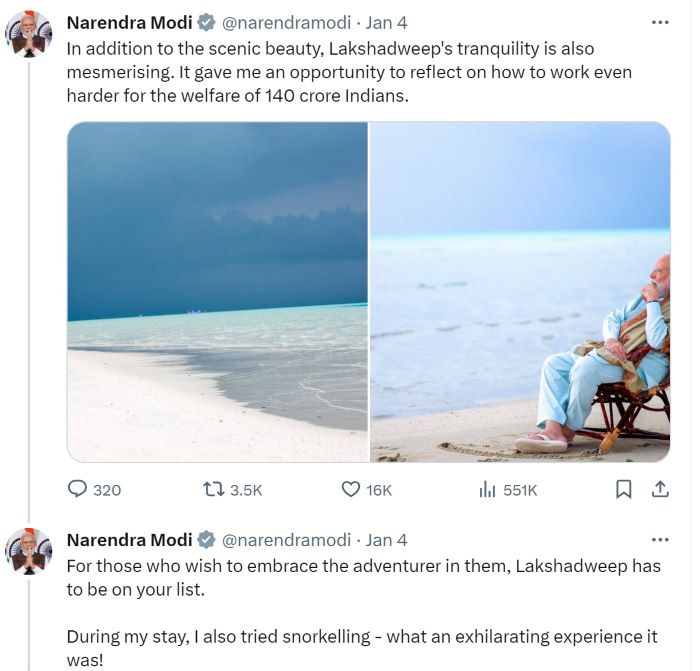
Table of Contents
TogglePM Modi’s post
The recent social media posts by Prime Minister Narendra Modi during his visit to Lakshadweep have sparked controversy, particularly in the Maldives. While Indian officials have stated that the posts were not intended to compare Lakshadweep with the Maldives, the Maldivian response and some Indian reactions indicate otherwise. The post led to widespread anti-Maldives sentiments among some Indians, with many expressing supports for promoting Lakshadweep as a tourist destination. Furthermore, the controversy has led to a diplomatic row between India and the Maldives, highlighting the sensitivity of tourism promotion and its potential impact on diplomatic relations. On the other side, the incident has drawn attention to the tourism potential of Lakshadweep, with some Indian government officials and public figures expressing support for promoting the archipelago as a global tourist destination.
Reacation from Maldives ministers
Deputy Minister Mariyam Shiuna went as far as labelling Modi as a clown and a puppet of Israel on her comment. Additionally, Minister Hassan Zihan asserted that Indian beaches cannot be compared to those of the Maldives.
Although the comments were removed, the Maldives government has still opted to suspend three deputy ministers—Mariyam Shiuna, Malsha Shareef, and Hassan Zihan—due to their derogatory remarks about Indian Prime Minister Narendra Modi.

India Maldives relationship
India and Maldives have shared close, cordial, and multi-dimensional relations with key dates and developments including:
- 1965: India was among the first to recognize Maldives after its independence and establish diplomatic relations.
- 1976: Maritime Boundary Treaty was signed to agree on maritime boundaries.
- 1988: India’s prompt assistance during the coup attempt led to the development of trust and friendly bilateral relations.
- 2021: India emerged as Maldives’ 3rd largest trade partner, with trade reaching USD 323.9 million.
- 2022: Implementation of visa-free entry for Indians arriving in the Maldives for business purposes.
- 2024: Current Maldivian President has set a deadline of 15th March, 2024, for the withdrawal of Indian troops.
The relationship between the two countries
dates to ancient times, marked by cultural exchanges, maritime trade, and
geographical proximity, and has evolved into a modern era of strategic,
economic, and cultural cooperation.
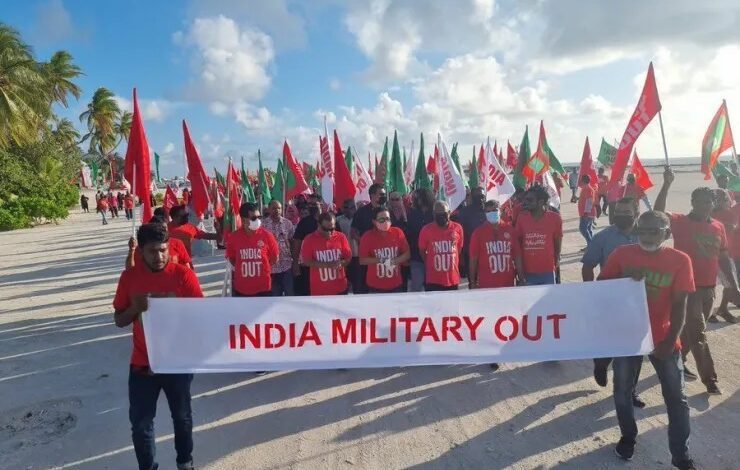
China Maldives relationship
Mohamed Muizzu, elected as president on
November 17, 2023, in the Maldives, hails from the People’s National Congress.
Winning the election with a focus on the “India Out” policy, he has
been actively working to fulfil his promises since assuming office. He even
chose China for his first official foreign visit instead of the customary visit
to India.
Meanwhile, China has made significant
investments in the Maldives, particularly in the areas of infrastructure and
tourism. Some of the major investments and developments include:
- Island Leasing and Development. China has been involved in leasing islands for development projects, such as the lease of Feydhoo Finolhu and Kunaavashi atoll for 50 years to a joint venture named CJL Investment, partly owned by a Chinese developer.
- Infrastructure Development. Chinese investments have been directed towards infrastructural development. This includes the expansion of the Velana International Airport in Male and the construction of bridges and other critical infrastructure projects.
- Tourism Sector. Chinese investments in the Maldives’ tourism sector have been substantial. China National Machinery Industry Corporation has invested $140 million in the Maldives’ tourism sector. Which accounts for over a quarter of the country’s national income.
- Debt Financing. The Maldives is reported to owe China between $1.1 billion and $1.4 billion. That is primarily due to loans and financing for various development projects, leading to concerns about debt sustainability.
These investments have not been without controversy. It has raised concerns about its strategic implications on the country’s economy and sovereignty.
What it means to the people
Diplomatic strains in the Maldives-India relationship pose a multifaceted impact on the nation. The people of the Maldives may experience disruptions in cultural and social ties. While the tourism industry, a key economic driver, could witness a decline in Indian visitors. This could lead to potential job losses and revenue reduction. The employment sector, particularly in tourism, might suffer, affecting around 25,000 individuals. Additionally, an uncertain business environment could hamper foreign investments and economic development. Navigating these challenges requires diplomatic resolutions, diversifying tourism markets, and implementing measures to safeguard the Maldives’ economy and its people.
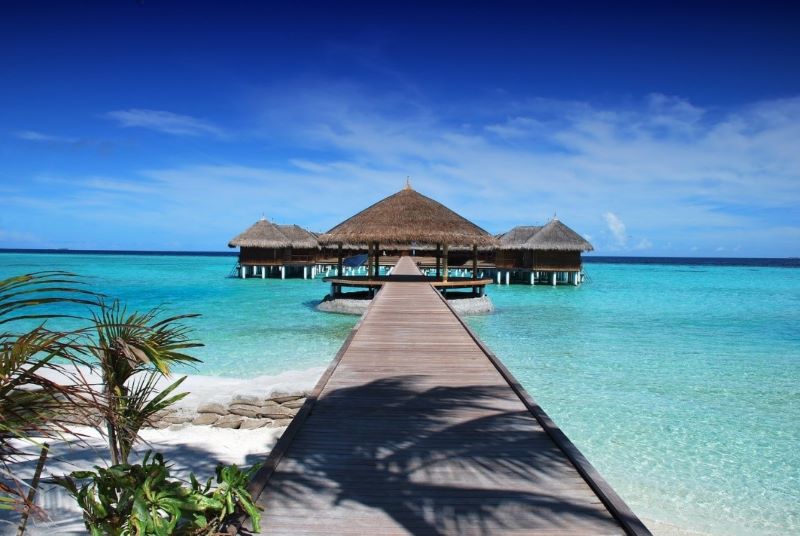
Related articles:
Ben Gurion Canal and Israel’s occupation in Gaza
Study in the UK and recent changes in visa policy
Most popular tourist destinations
- The Maldives is home to a collection of beautiful islands and
beaches that are popular tourist destinations. Some of the must-visit
places in the Maldives include: - Malé City: The capital city known for its rich history, vibrant
architecture, and azure seas. - Fulhadhoo Island: A popular destination due to its crystal-clear
lagoons, white-sand beaches, and tranquil atmosphere. - Alimatha Island: Known for its natural beauty and a great spot for
diving and snorkeling. - Veligandu Island Beach: Famous for its picturesque beach and clear
waters. - Addu Atoll: A unique destination with a rich marine ecosystem and
various cliffs and caves
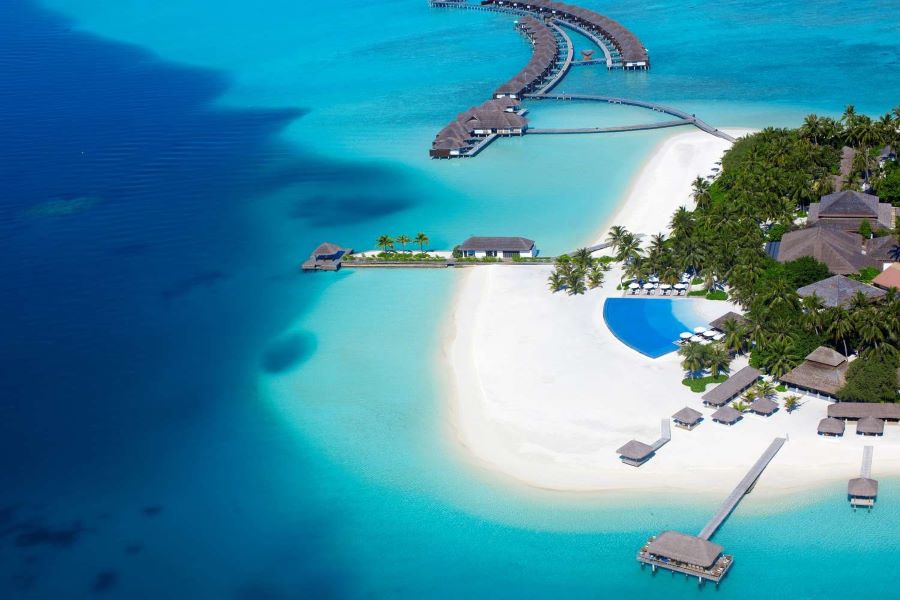

Some of the best activities:
· Scuba Diving and Snorkeling: Explore the vibrant marine life and coral reefs.
· Sunset Cruises and Dolphin Watching: Enjoy the breathtaking sunsets and observe playful dolphins.
· Island Hopping and Visiting Local Islands: Experience the local culture and interact with the friendly Maldivian people.
· Water Sports: Engage in activities such as surfing, stand-up paddleboarding, and water skiing.
· Relaxing at Overwater Bungalows: Indulge in luxury and enjoy the stunning ocean views from your accommodation.
Impacts of climate change on the Maldives
- Sea Level Rise. Projections indicate that sea level rise threatens the low-lying islands and atolls. Which potentially rendered a significant portion of the nation uninhabitable by 2050.
- Water Shortages. Anticipated longer periods without rainfall, particularly on the northern islands, are expected to affect drinking water supplies. This has the potential to impact Maldivians’ livelihoods, as well as the tourism and fisheries sectors.
- Adaptation Costs. The Maldives is allocating a substantial portion of its national budget to adapt to climate change, implementing measures to prevent sea inundation and ensure the survival of the islands.
- Infrastructure Resilience. Ongoing efforts focus on enhancing the resilience of the Maldives’ islands, including constructing artificial islands and exploring plans to purchase land on higher ground.
- Tourism and Fisheries Impact. Climate change significantly affects tourism and fisheries in the Maldives. Impacts on coral reefs, crucial for tourism, and the diminished effectiveness of damaged reefs as a defense against sea swells impact fisheries, crucial to the livelihoods of Maldivians.
In conclusion, with Indians comprising a substantial portion of the tourist demographic, the current situation stands as a potential threat to the Maldives’s economic vitality, particularly in the tourism sector. However, the exact scale of this impact remains uncertain, as the allure of the Maldives’ pristine beaches may still attract alternative international tourists. The Maldivian government could seize the opportunity to implement policies that appeal to a broader global audience. Simultaneously, this situation may inadvertently boost the popularity of Lakshadweep among domestic tourists, creating a shift in the dynamics of the Indian Ocean tourism landscape. As the diplomatic saga unfolds, the resilience and adaptability of the Maldivian economy will be put to the test, potentially leading to the emergence of new opportunities and strategies to sustain its crucial tourism industry.
Links
https://www.mea.gov.in/Portal/ForeignRelation/Bilateral_Maldives.pdf
https://edukemy.com/blog/india-maldives-relationship-upsc-daily-editorial-analysis-12th-jan-2024/
https://thediplomat.com/2022/01/the-china-india-cold-war-in-maldives/
https://en.wikipedia.org/wiki/Climate_change_in_the_Maldives


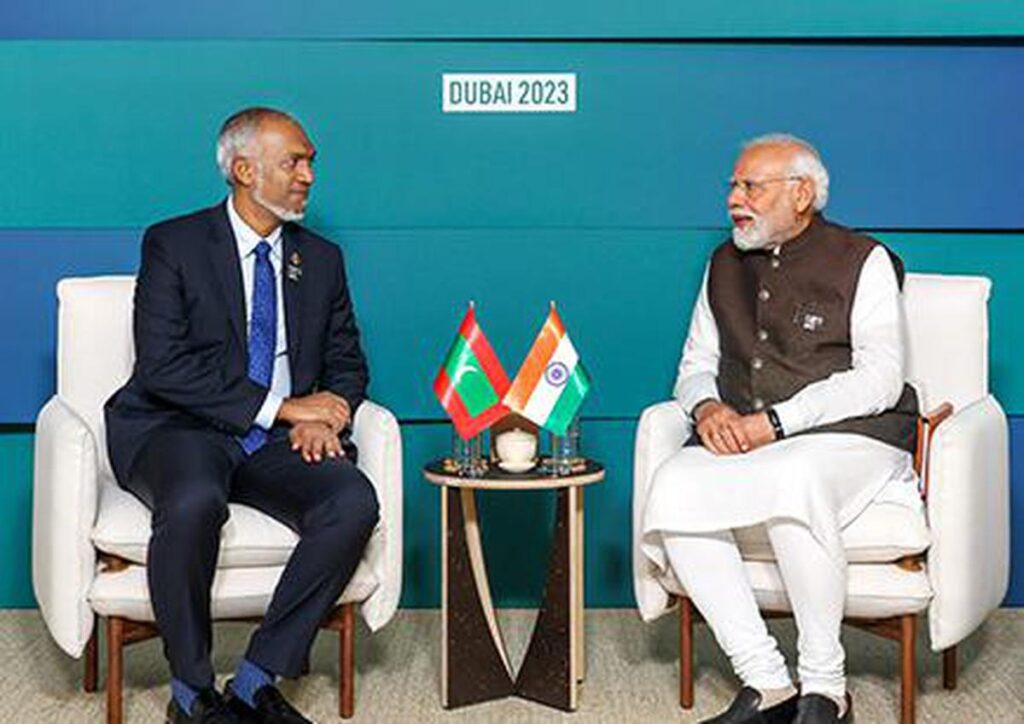
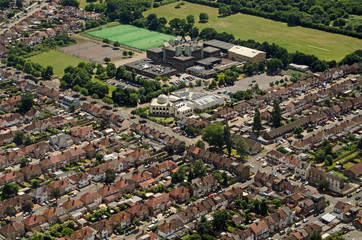







2 responses